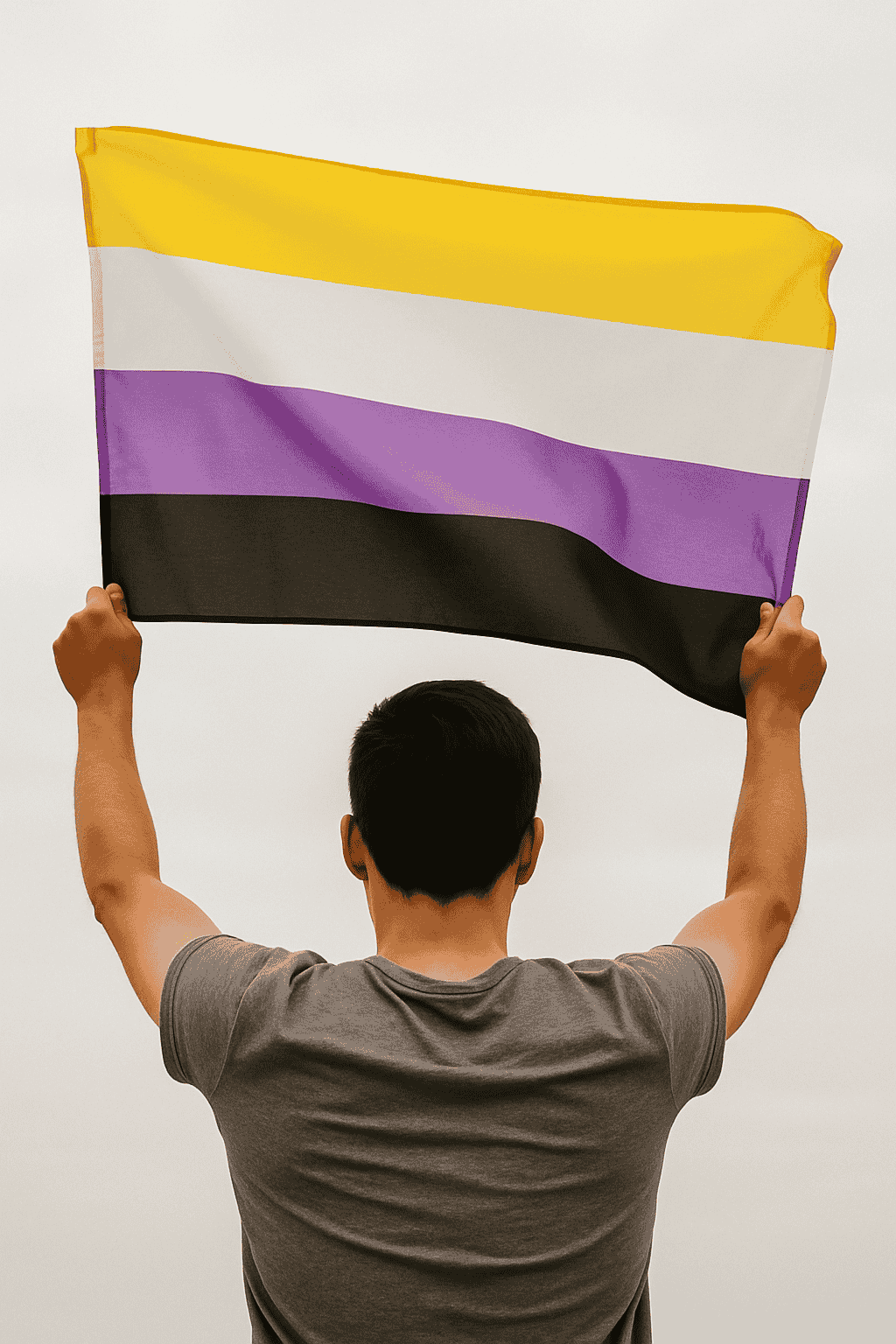Canada Pauses Deportation of Non-Binary US Citizen Over Safety Concerns for LGBTQ+ People in the US
In a rare and politically charged decision, Canada has temporarily halted the deportation of Angel Jenkel, a non-binary US citizen, citing potential “risks” to LGBTQ+ individuals in the United States. The move has sparked international attention, as it challenges the widely held assumption that the US is a uniformly safe country for LGBTQ+ communities.
Jenkel, whose case has become emblematic of broader concerns about rising anti-LGBTQ+ sentiment, had been facing deportation after their asylum claim in Canada was initially denied. However, following new evidence and advocacy from human rights groups, Canadian authorities announced a pause on the deportation order, acknowledging that Jenkel could face discrimination and threats if forced to return to the US.
Concerns About Rising Anti-LGBTQ+ Hostility in the US
The decision comes against the backdrop of an increasingly hostile environment for LGBTQ+ individuals in several US states. Over the past two years, dozens of states have passed or introduced laws targeting LGBTQ+ rights, including restrictions on gender-affirming care, public expression, and trans-inclusive policies.
Human rights organizations have documented a surge in anti-LGBTQ+ hate crimes and political rhetoric, particularly directed at transgender and non-binary individuals. “The reality is that not every part of the United States is safe for LGBTQ+ people, and the risks for non-binary and trans individuals are worsening,” said an activist close to Jenkel’s case.
A Precedent-Setting Moment?
While Canada has long been seen as a safe haven for LGBTQ+ asylum seekers, it is unusual for the country to recognize the United States as a potential danger zone for this community. This pause in deportation raises complex questions about the evolving human rights landscape in North America and whether more LGBTQ+ US citizens could pursue asylum in Canada in the future.
Legal experts suggest that while this decision does not set a formal precedent, it signals that Canadian immigration authorities are willing to weigh the realities of state-level policies and their impact on marginalized groups.
What’s Next for Jenkel?
For now, Jenkel will be allowed to remain in Canada while their case undergoes further review. Advocates are urging Canadian officials to grant them permanent residency, arguing that deportation would place them at significant risk.
Jenkel, who has publicly spoken about their fear of returning to the US, expressed gratitude for the support they have received. “I hope my case highlights the struggles that many LGBTQ+ people face, even in countries that are considered ‘safe,’” they said in a statement.



